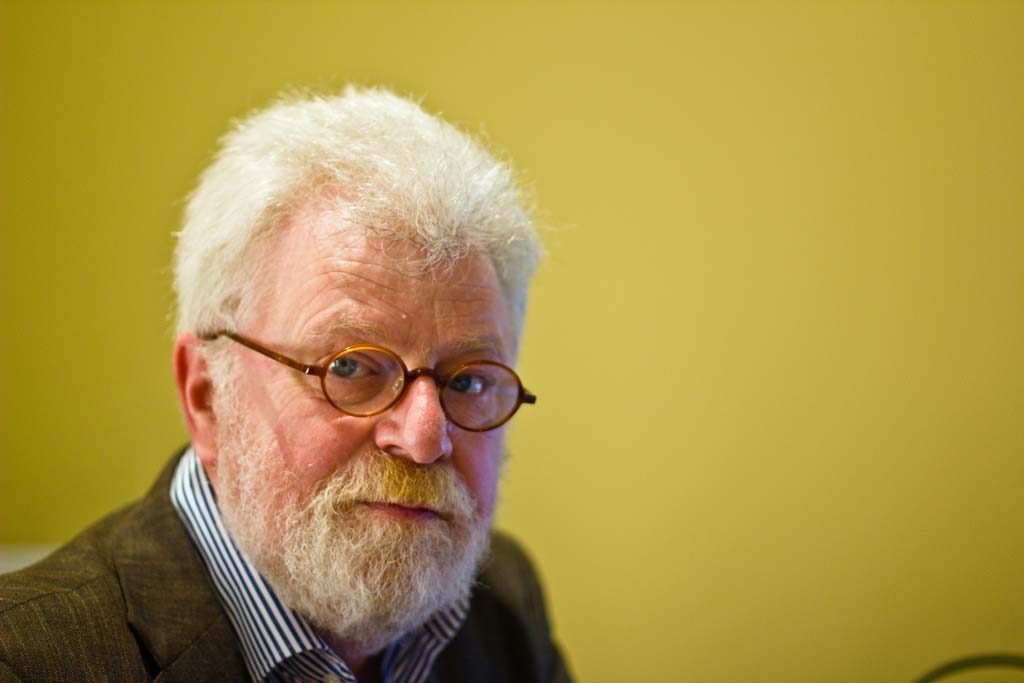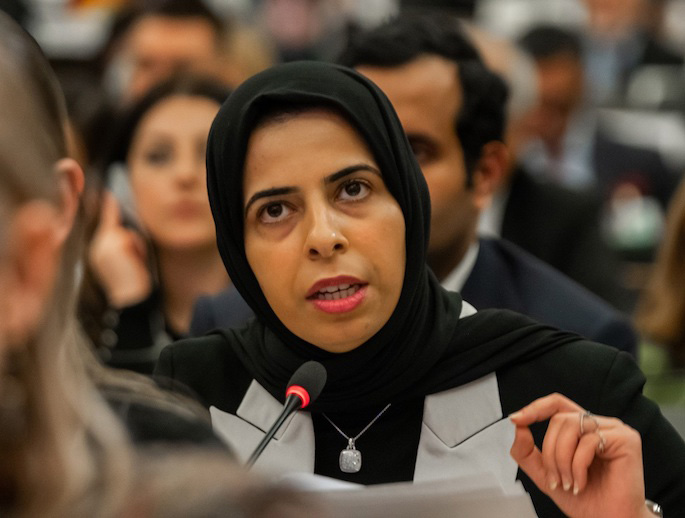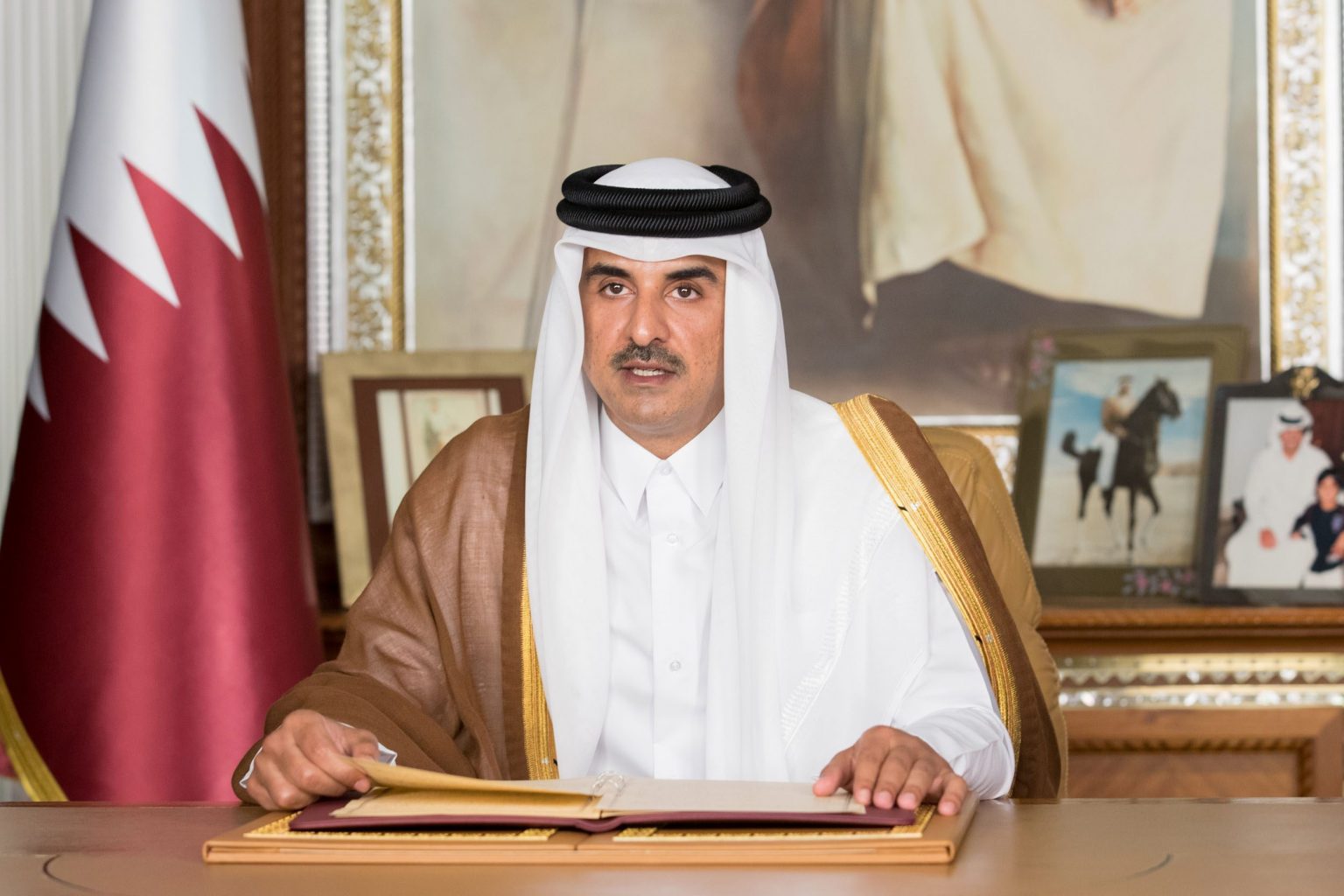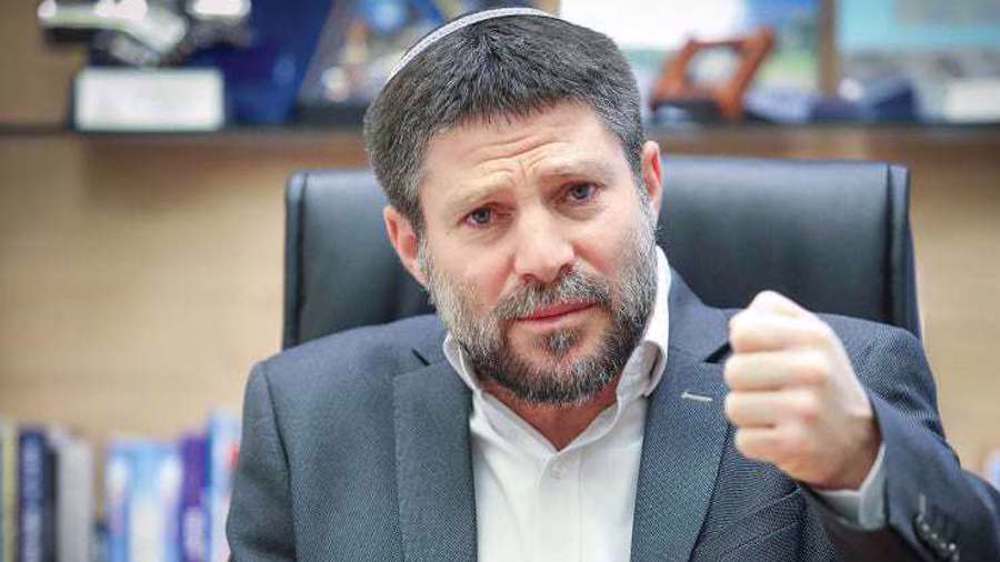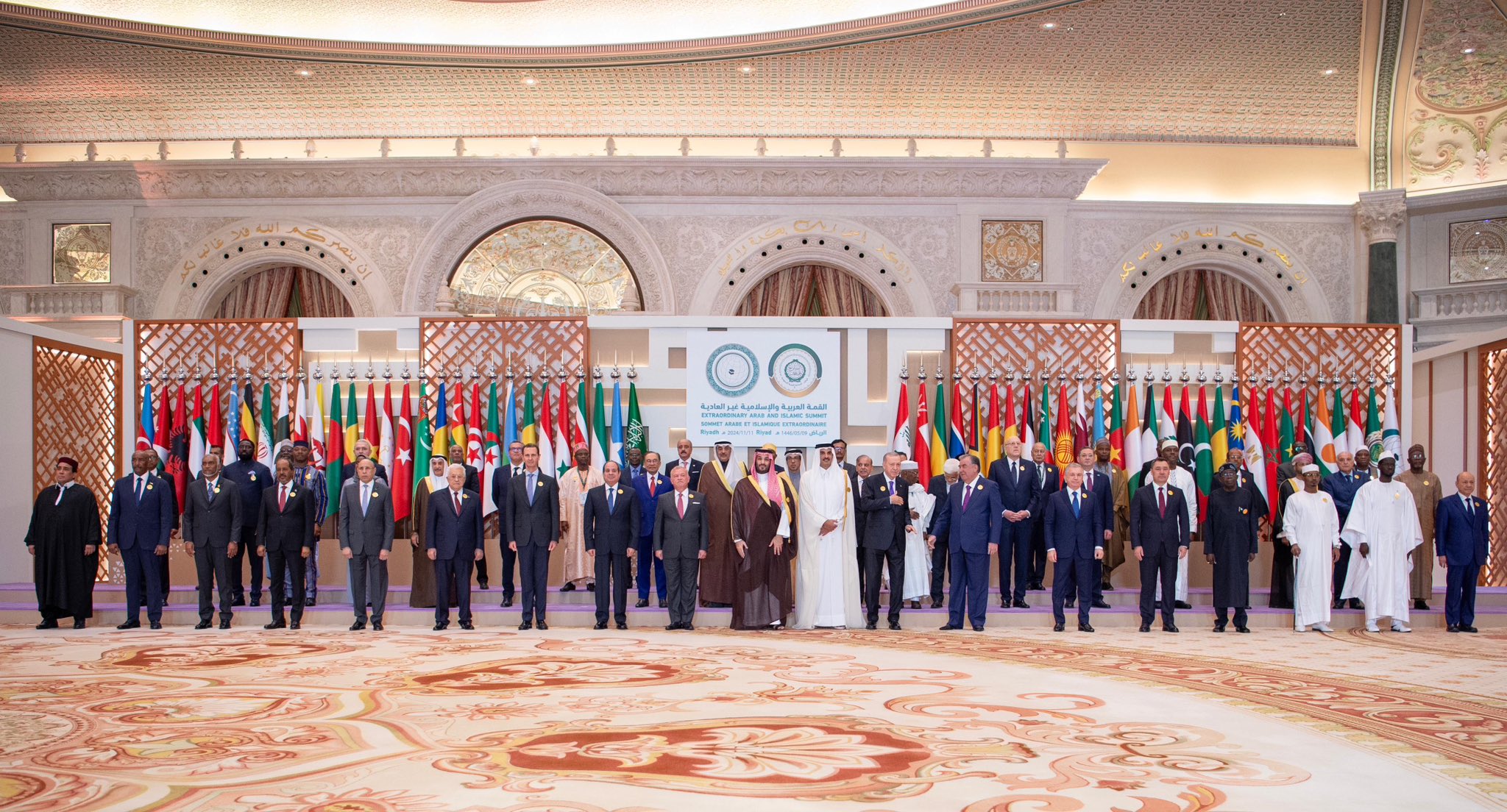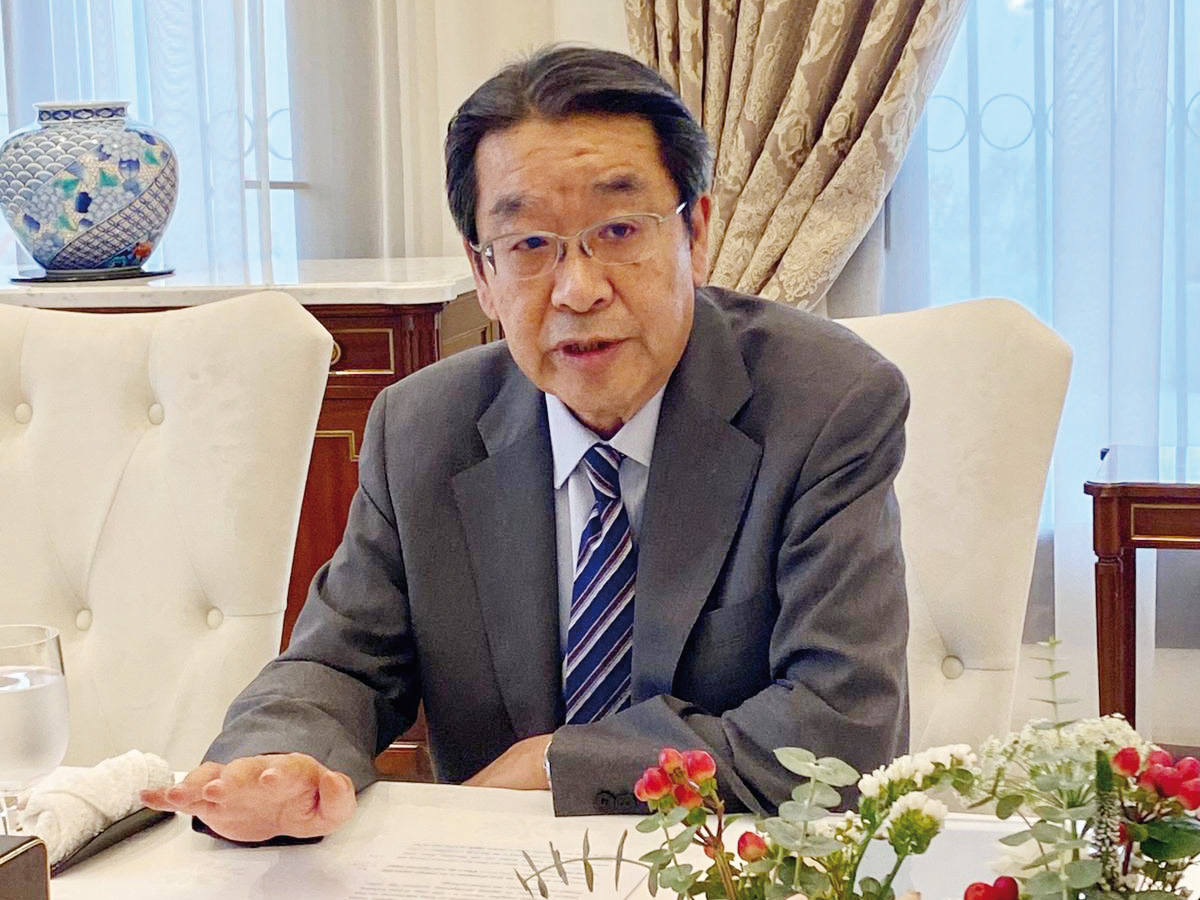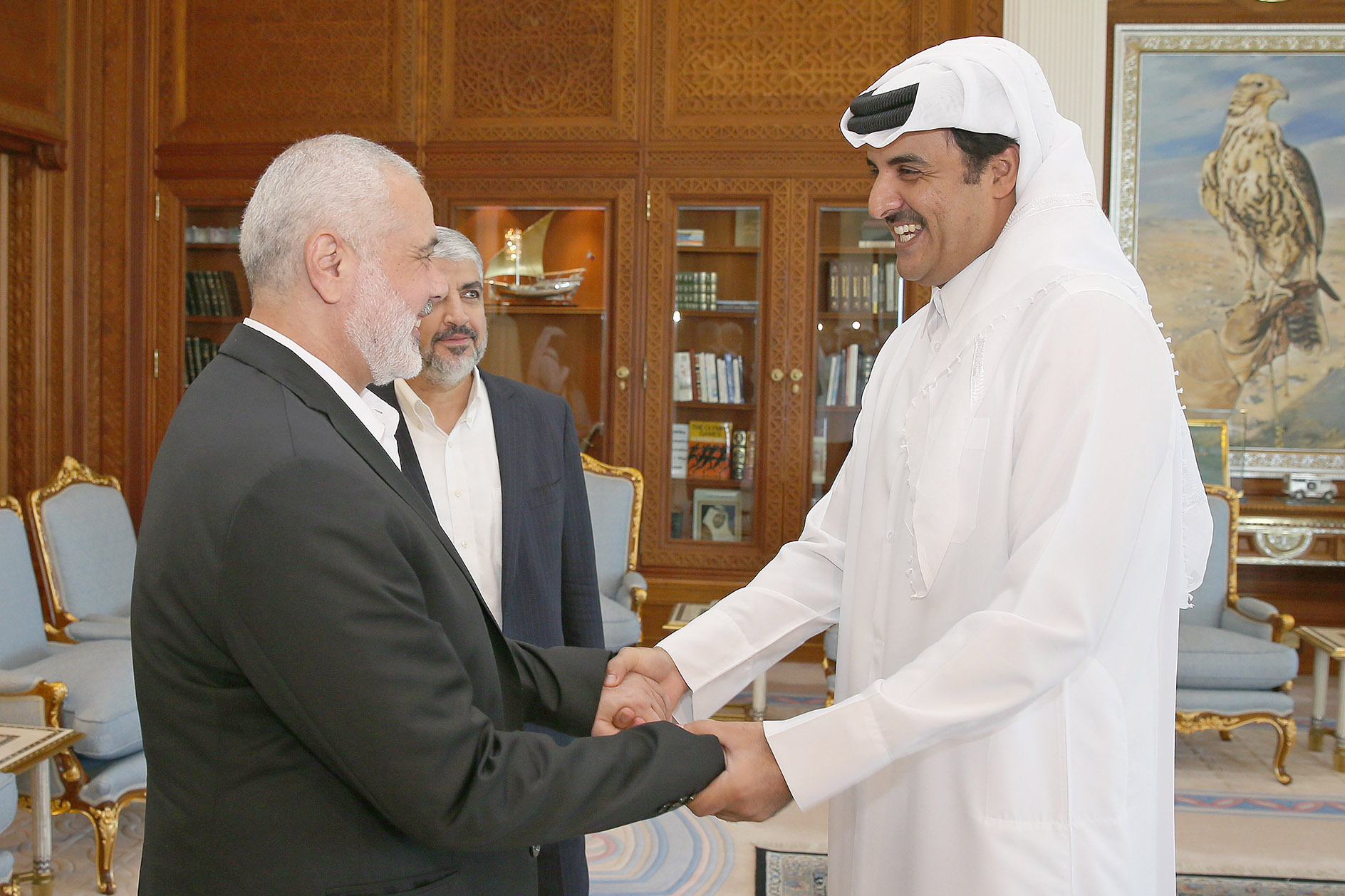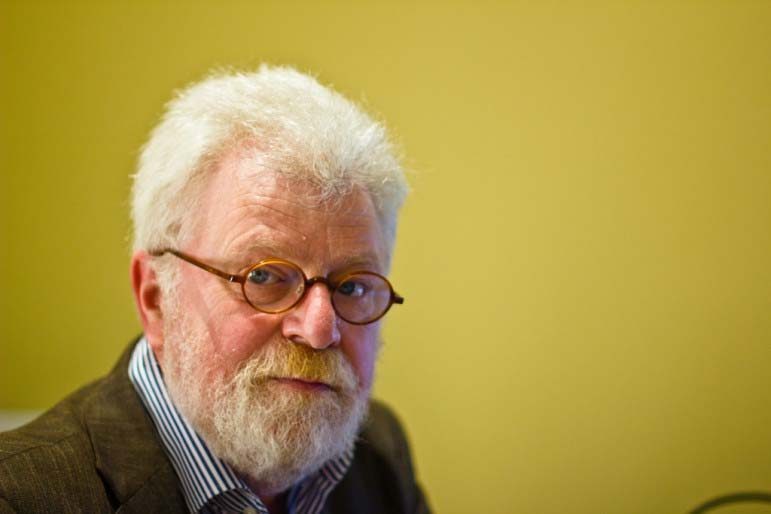
After a two-and-a-half-year run, the Dutch director of the Doha Centre for Media Freedom has been abruptly sacked, throwing the center’s mission and future into doubt.
Keulen confirmed that he had been fired, but declined to comment to Doha News on the matter.
However, in an email sent to colleagues on Thursday, Jan Keulen explained that the decision was conveyed to him on Wednesday by the center’s Executive Committee Chair, Dr. Abdul Jalil Alami.
Keulen is the second director of DCMF and also the second boss to be sacked since the organization was founded in 2008. His tenure, however, was markedly different than his predecessor, Frenchman Robert Ménard, who left in the summer of 2009.
At that time, Ménard, the founder of Reporters Without Borders, and three others submitted their resignations, citing problems with the government and saying that the center “has been suffocated. We no longer have either the freedom or resources to do our work.”
According to Global Voices, reaction to Ménard’s departure was mixed in Qatar, and many thought he had been pushing too hard for reform without taking the country’s cultural sensitivities into consideration.
Keulen, on the other hand, has been criticized for rarely pushing the envelope in Qatar.
@vanish_forever @dohafreemedia this I know for a fact. emphasis is only on international in spite of obvious issues here
— Rachel Morris (@rachelannmorris) December 1, 2013
In a recent interview with a Canadian journalist, he said of the center’s mandate:
“We are a press freedom organization so we are supportive of media freedom in Qatar—but not only in Qatar. Our mandate concerns the whole world, but we are focusing very much on this region.”
Since 2011, when the center reopened under him, DCMF has been focusing on helping distressed journalists abroad and other international programs.
DCMF does, however, conduct media literacy training in schools here and work with professional journalists on using social media and other tools. And the center did express concerns about the jailing of a Qatari poet who was found guilty of inciting to overthrow the regime last year, as well as express support for Doha News and other journalists’ efforts to cover the Villaggio fire hearings after a judge issued a gag order.
The center has also drawn fire from local media, which has questioned the quality of employees and leadership there.
What happened
Sources close to the matter said Keulen learned of his termination when he arrived at work last week to find a letter on his desk.
No reason for the firing was given in the letter, which was dated Nov. 26. But trouble has been brewing between the director and an advisor for months over who has the authority to pay for projects and contracts.
When Keulen finally wrote to DCMF’s Board of Governors chair, Hamad bin Thamer Al Thani, asking him to intervene in the matter, his response appeared to be the firing, the former director wrote in his email to staffers.
Keulen continued:
I want to inform you that I had actually already decided some time ago to resign as director if this situation would not be addressed in the coming months. But I would have preferred to go in an orderly way, handing over the files in a proper way to a possible successor, safeguarding the interests of you the employees, finishing the projects we are working on and/or guaranteeing the continuation of our work in the fields of journalism training, media literacy, monitoring, emergency assistance, the website, outreach and international networking and advocacy.
Unfortunately this has not been the case and I have to say goodbye to all of you and will return to the Netherlands in mid-December.
Reaction
News of the firing has caused shock and upset among many DCMF employees, who said they don’t know what the future will hold.
Speaking to Doha News, one employee who asked to remain anonymous said:
“It is unclear to me what is the strategy behind it. I find it difficult to see how this could be in the best interest of the center and the work that we do, to suddenly pull someone away from his activities. All I can say is that it does not make me hopeful for the future of the center.”
When asked if Keulen’s team would leave with him, like Ménard’s did, the employee said that she did not know. Much of the center’s future appears to depend on the new director, she added.
The new leader has yet to be named, but will likely be Qatari. Sources close to the matter told Doha News that some days before his sacking, Keulen had met with Qatar’s Minister of Culture, Arts and Heritage (chairman of DCMF’s Advisory Council), who indicated that his position was going to be nationalized.
In response to reports about Keulen’s firing, Khalid Al Sayed, editor-in-chief of the Peninsula and longtime critic of the center, seemed supportive of that idea. He wrote in an op-ed today:
“The blame for all this should not go to Mr Jan but let us hope the mission and objective of this centre will be clearly laid out so that the new director knows what he has to do. We want the centre to play a bigger role in the local media and more Qataris need to work with the centre because they have a better understanding of the system and know the challenges ahead.”
Thoughts?

